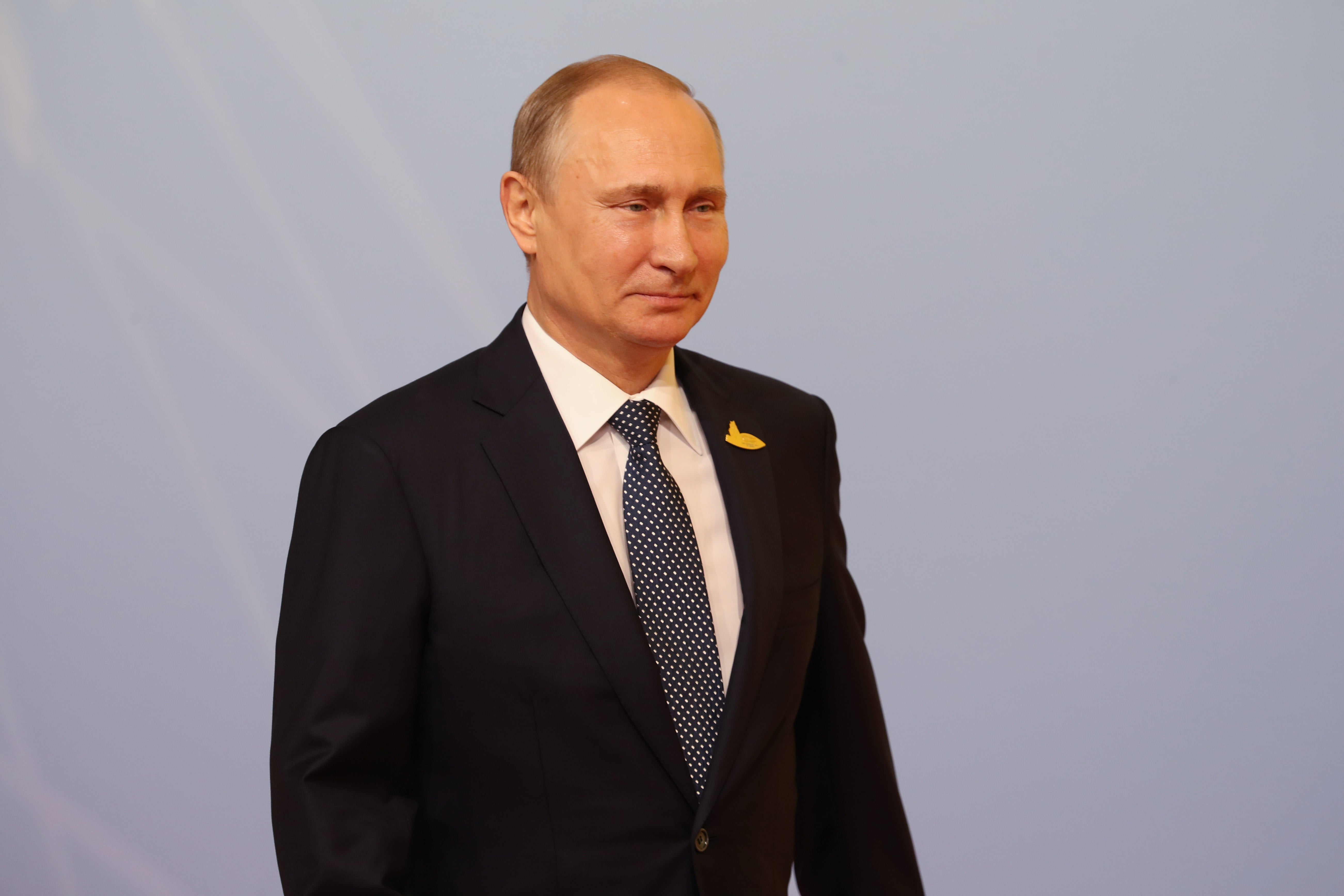Russia ‘defaults on debt’ for first time since 1998
The country faced a Sunday night deadline to meet a 30-day grace period on interest payments originally due on May 27.

Your support helps us to tell the story
From reproductive rights to climate change to Big Tech, The Independent is on the ground when the story is developing. Whether it's investigating the financials of Elon Musk's pro-Trump PAC or producing our latest documentary, 'The A Word', which shines a light on the American women fighting for reproductive rights, we know how important it is to parse out the facts from the messaging.
At such a critical moment in US history, we need reporters on the ground. Your donation allows us to keep sending journalists to speak to both sides of the story.
The Independent is trusted by Americans across the entire political spectrum. And unlike many other quality news outlets, we choose not to lock Americans out of our reporting and analysis with paywalls. We believe quality journalism should be available to everyone, paid for by those who can afford it.
Your support makes all the difference.Russia has reportedly defaulted on its debt for the first time in more than 20 years after missing a key payment deadline due to international sanctions imposed over its war in Ukraine.
The country faced a Sunday night deadline to meet a 30-day grace period on interest payments originally due on May 27.
While it has the money to make the payment, it is understood Russia failed to meet the deadline as sanctions placed on President Putin’s regime stopped it from getting the cash to international creditors.
It would mark the first time Russia has defaulted on its sovereign debt since the Russian financial crisis in 1998.
The US Treasury Department last month ended Russia’s ability to pay its billions in debt back to international investors through American banks.
The Russian Finance Ministry responded by saying it would pay dollar-denominated debts in rubles and offer “the opportunity for subsequent conversion into the original currency”.
Russia has declared any default artificial because it has the money to pay its debts, but says sanctions have frozen its foreign currency reserves held abroad.
Russian finance minister Anton Siluanov said last month: “There is money and there is also the readiness to pay.
“This situation, artificially created by an unfriendly country, will not have any effect on Russians’ quality of life.”
Russia owes about 40 billion US dollars (£32.5 billion) in foreign bonds and about half of that to foreign investors.
Western sanctions over the Ukraine war have sent foreign companies fleeing from Russia and interrupted the country’s trade and financial ties with the rest of the world.
The reports of Russia’s bond default comes as the G7 group of leading democracies met in the Bavarian Alps, with plans to heap further pressure on Russia.
The leaders are considering putting a price cap on Russian oil to further cripple the economy bankrolling the war effort.